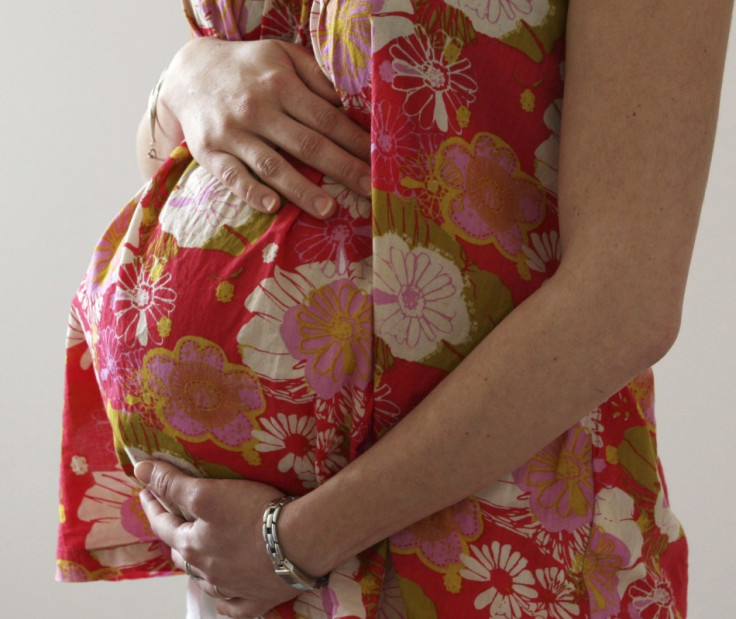Prenatal Mercury Exposure Linked to ADHD Risk Among Children

Babies, whose mothers were exposed to low levels of mercury during pregnancy, face higher risk of developing Attention-Deficit/Hyperactivity Disorder (ADHD) in their childhood, researchers from the Brigham and Women's Hospital (BWH) and Boston University School of Public Health have found.
ADHD is a problem with inattentiveness, over-activity and impulsivity or a combination. ADHD is the most commonly diagnosed behavioural disorder of childhood. It affects about 3-5% of school aged children, according to a Pub Med Health report.
ADHD affects approximately ten percent of children worldwide, yet its causes are not well understood. Now researchers have found that even low levels of mercury exposure can cause ADHD among children.
The discovery was made while analysing the health conditions of 400 children born in New Bedford, Massachusetts, between 1993 and 1998.
During the study, researchers collected hair samples from the mothers and analysed them for mercury soon after they gave birth. They also gave the mothers a questionnaire to determine their fish consumption during pregnancy. Eight years later, researchers followed up with the children and administered standardised tests to determine behaviours related to ADHD.
The researchers found that children, whose mothers had higher mercury levels, had higher risk of developing ADHD-related behaviours.
The study also found that children, whose mothers reported eating more than two servings of fish per week, had lower risk of ADHD-related behaviours.
"These findings underscore the difficulties pregnant women face when trying to balance the nutritional benefits of fish intake with the potential detriments of low-level mercury exposure," said Susan Korrick, researcher at the Brigham and Women's Hospital (BWH).
The study did not examine what types of fish are best for a pregnant woman to eat, but previous studies have shown women should avoid fish that are high in mercury, such as shark, swordfish, king mackerel and fresh tuna. Fish that are low in mercury, such as flounder, haddock, and salmon, are safer to eat and good sources of nutrition, claims Korrick.
© Copyright IBTimes 2025. All rights reserved.





















